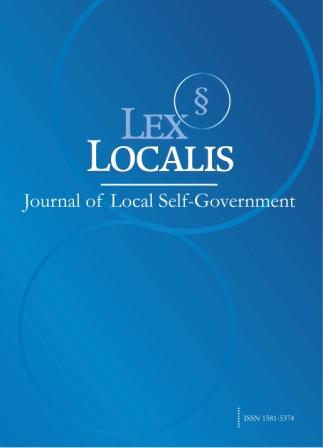THE GOVERNOR AS A CEREMONIAL VS EXECUTIVE AUTHORITY: A COMMONWEALTH COMPARISON
DOI:
https://doi.org/10.52152/Keywords:
Gubernatorial Discretion, Ceremonial Authority, Comparative Constitutionalism, Cooperative Federalism, Institutional Autonomy etc.Abstract
This paper explores the evolving constitutional identity of the Governor across select Commonwealth nations, focusing on the tension between ceremonial symbolism and executive discretion. While originally conceived as neutral constitutional figureheads, Governors in countries like India, Australia, Canada, and South Africa have periodically exercised powers that influence political outcomes—particularly in contexts of legislative assent, government formation, and university governance. Through a comparative doctrinal and jurisprudential lens, the study examines how colonial legacies, federal structures, and judicial interpretations have shaped the scope of gubernatorial authority. Drawing on commission reports, landmark judgments, and international governance models, the paper argues for a clearer codification of gubernatorial conduct. It emphasizes the need to reconcile constitutional morality with cooperative federalism, ensuring that Governors function within democratically accountable boundaries. Ultimately, the research advocates for reforms that preserve institutional integrity while respecting the ceremonial dignity of the office.
Downloads
Published
Issue
Section
License
Copyright (c) 2025 Lex localis - Journal of Local Self-Government

This work is licensed under a Creative Commons Attribution-NonCommercial-NoDerivatives 4.0 International License.








